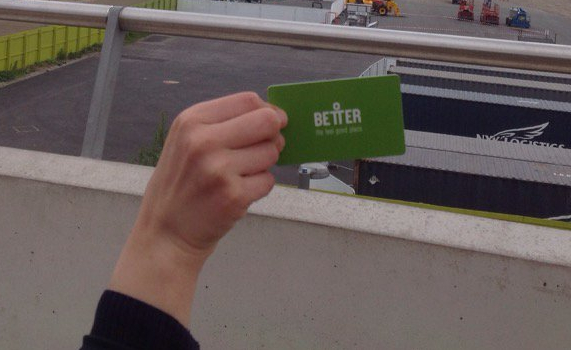I wondered what is driving this new swim league movement.
One remark of Sarah Sjostrom in an article published by the BBC explains that performance swimmers often suffer from poverty problems. They sometimes cannot pay their rent, even if they are Olympic swimmers.
Well, the sport is extremely time-consuming and the rewards are little or

non-existent if swimmers do not get major sponsorship money.
This ISL discussion is now letting the cat out of the bag. Often we just read about the glory of the sport.
The competitions, the medals, the achievements.
We hardly ever hear about the pitfalls and problems that swimmers suffer. I aim to make a difference to this by discussing what is actually happening to swimmers doing the sport.
If that ISL system is poverty driven and swimmers see no other way to make money, but to swim for it, then that is what they need to do.
There is hardly any point in gaining the skill through years of training, which is initally financed through parents paying, and then just stop doing it because of a lack of money.
It is hard to get used to the performance swimmers lifestyle just to find that there is nowhere to go.
I’ve pointed out in previous articles how training is set up to peak swimmers at yearly national, european and international competitions and then again at Olympic games but those extra money earning competitions could put a lot of extra strain onto the swimmers.
I am sceptical.
Especially, as already said, the skills of swimmers are often earned from sponsored training and if swimmers then earn money from it the training providers could ask for their money back.
Perhaps the whole system needs an overhaul. In our society, sport is seen as a voluntary and amateur activity, yet sport stars are expected to win the medals and put in the work, that takes more than just doing some side-line training; it is a full-time activity.
When 5% of people in the world own 95% of all the wealth, then those in between are always either working very hard to make ends meet or end up begging those having all the cash.
Now FINA wants to counter-act the legal action taken against them by Katinka Hosszu in the USA by launching a new innovative Champtions swim series in 2019.
Whilst the ISL has announced Swim League teams and international venues.




